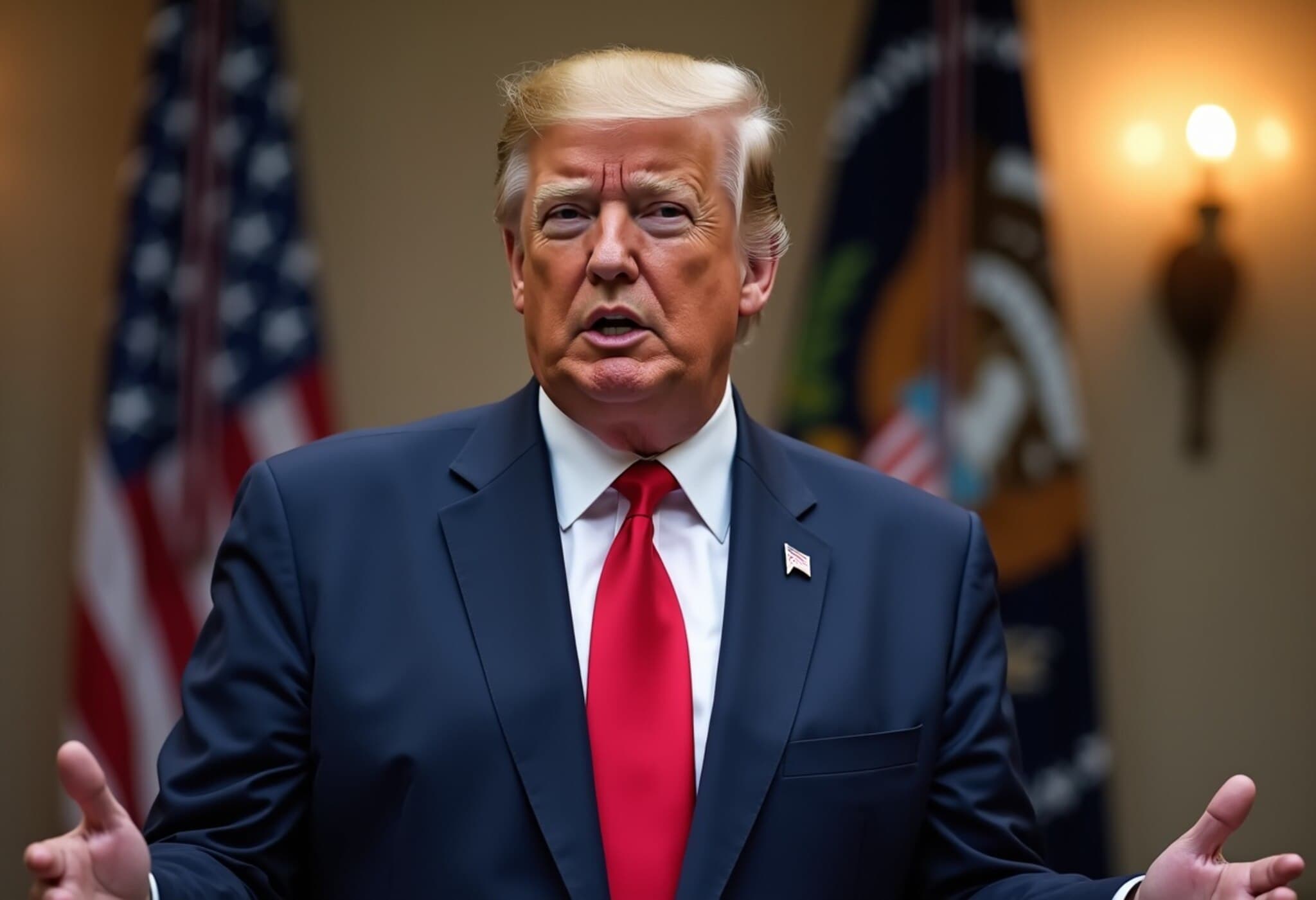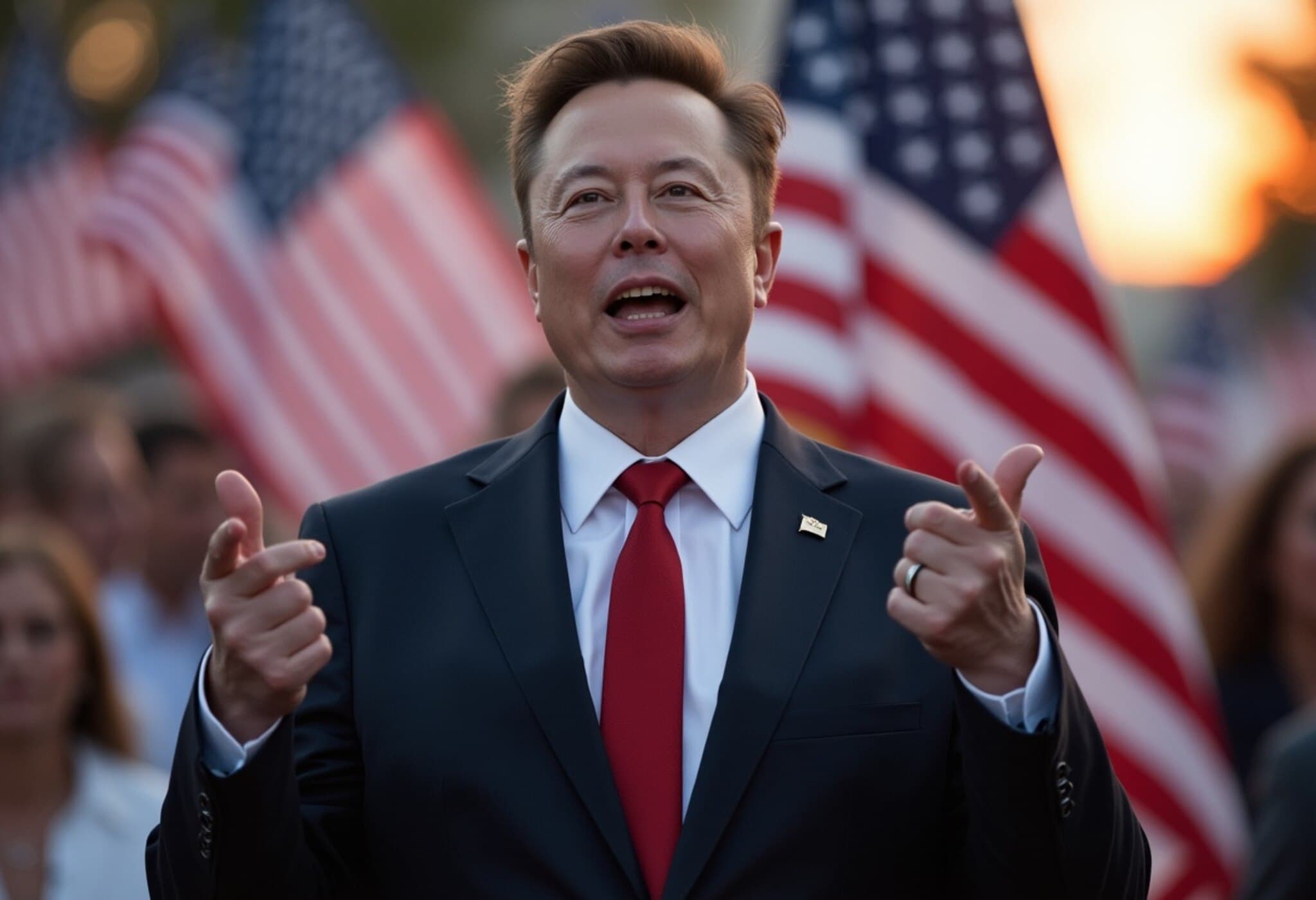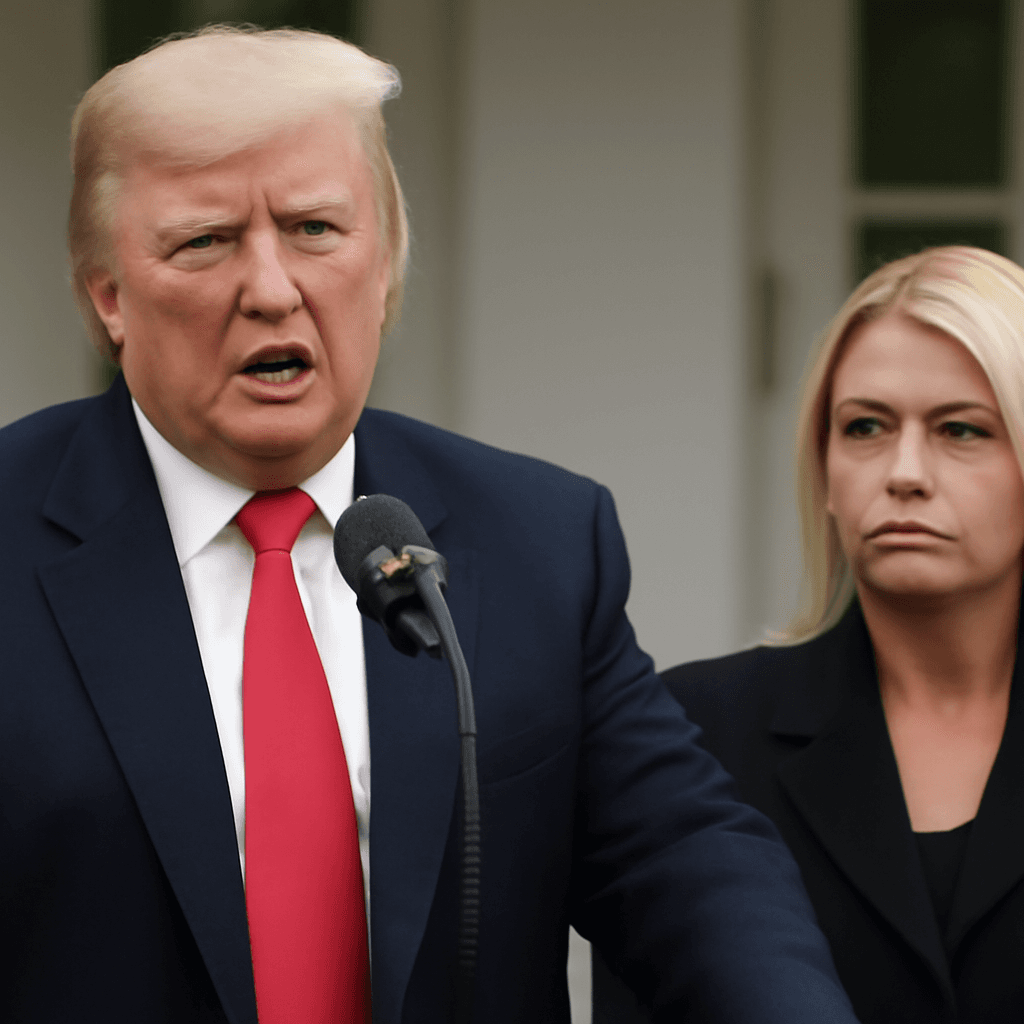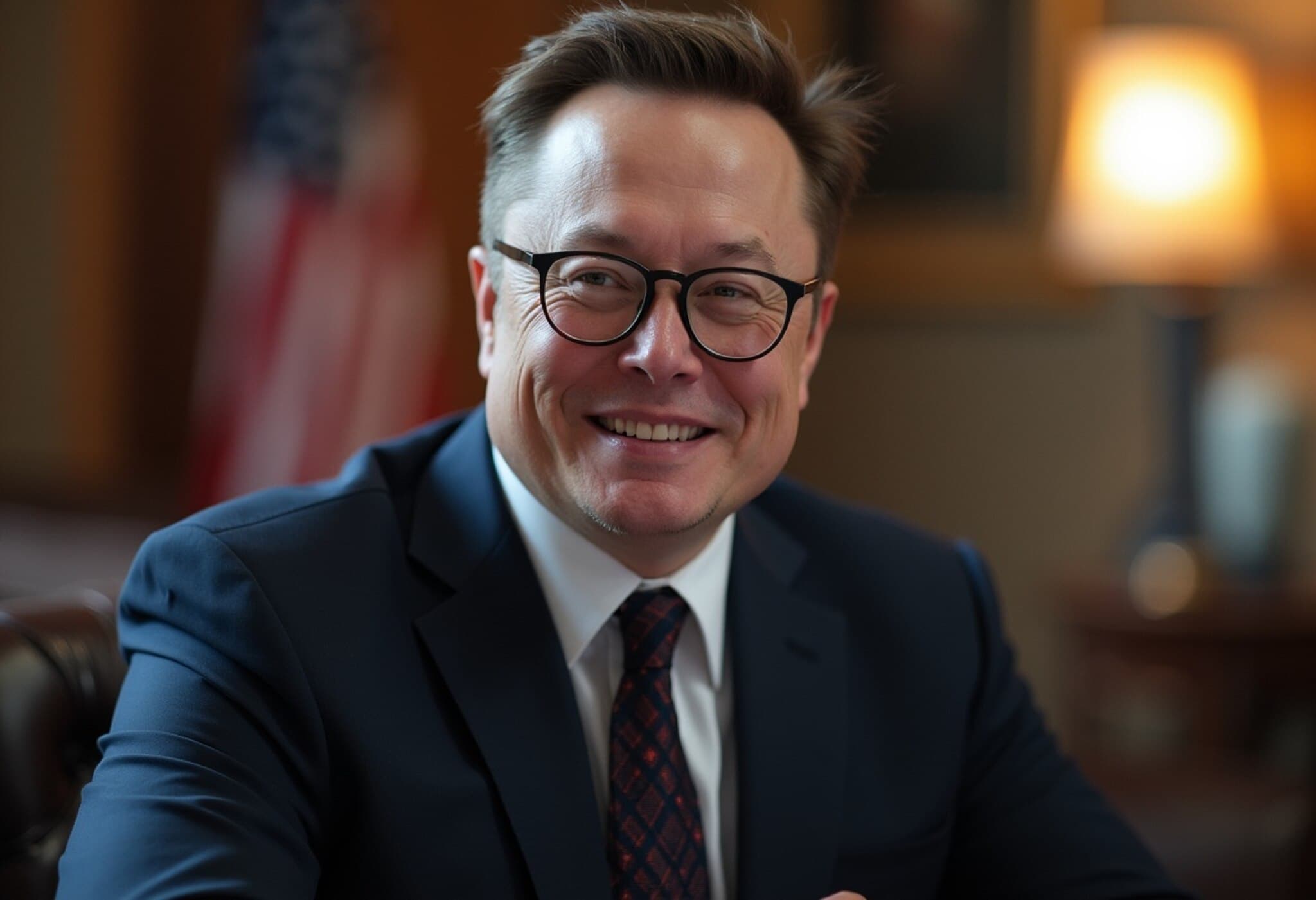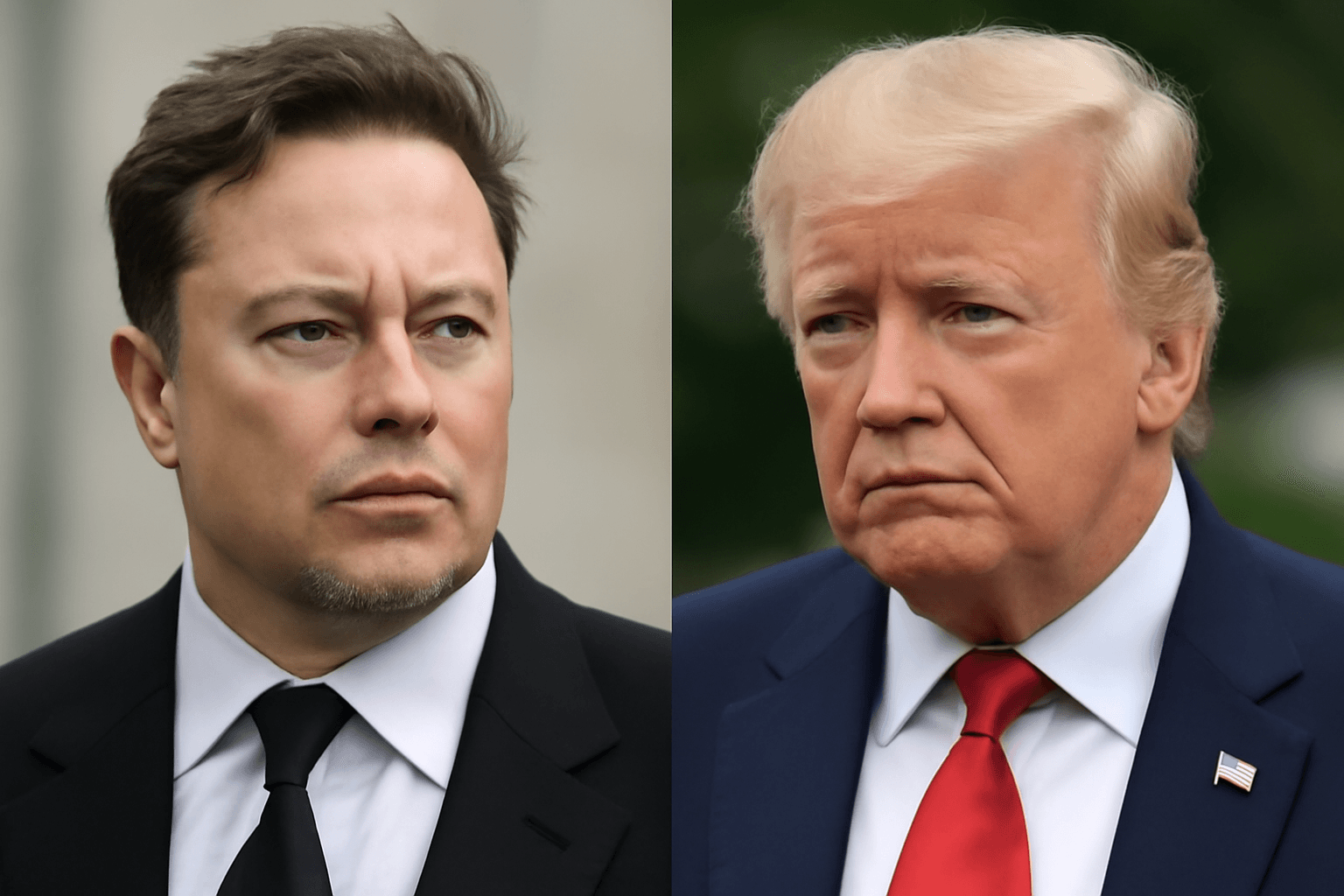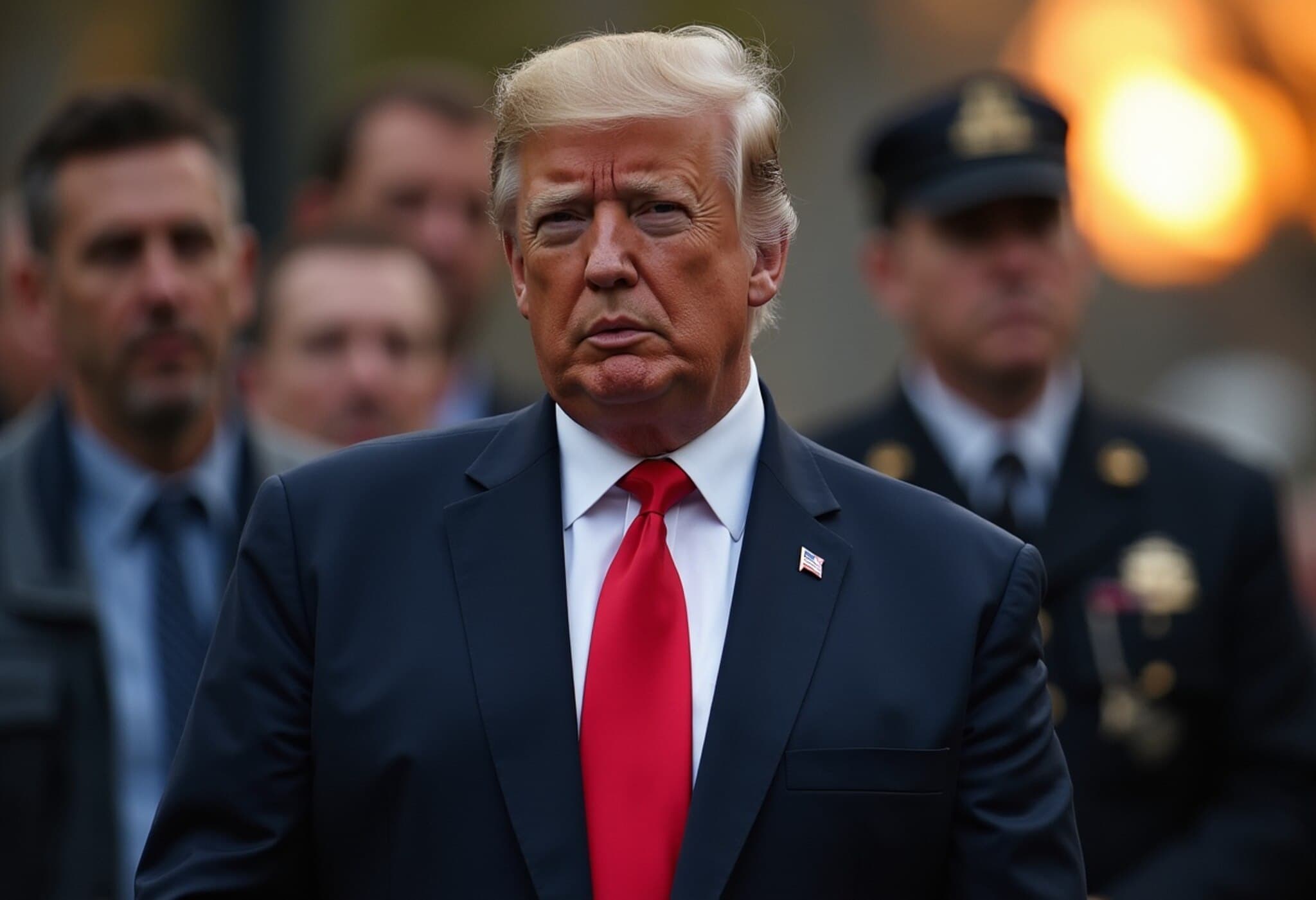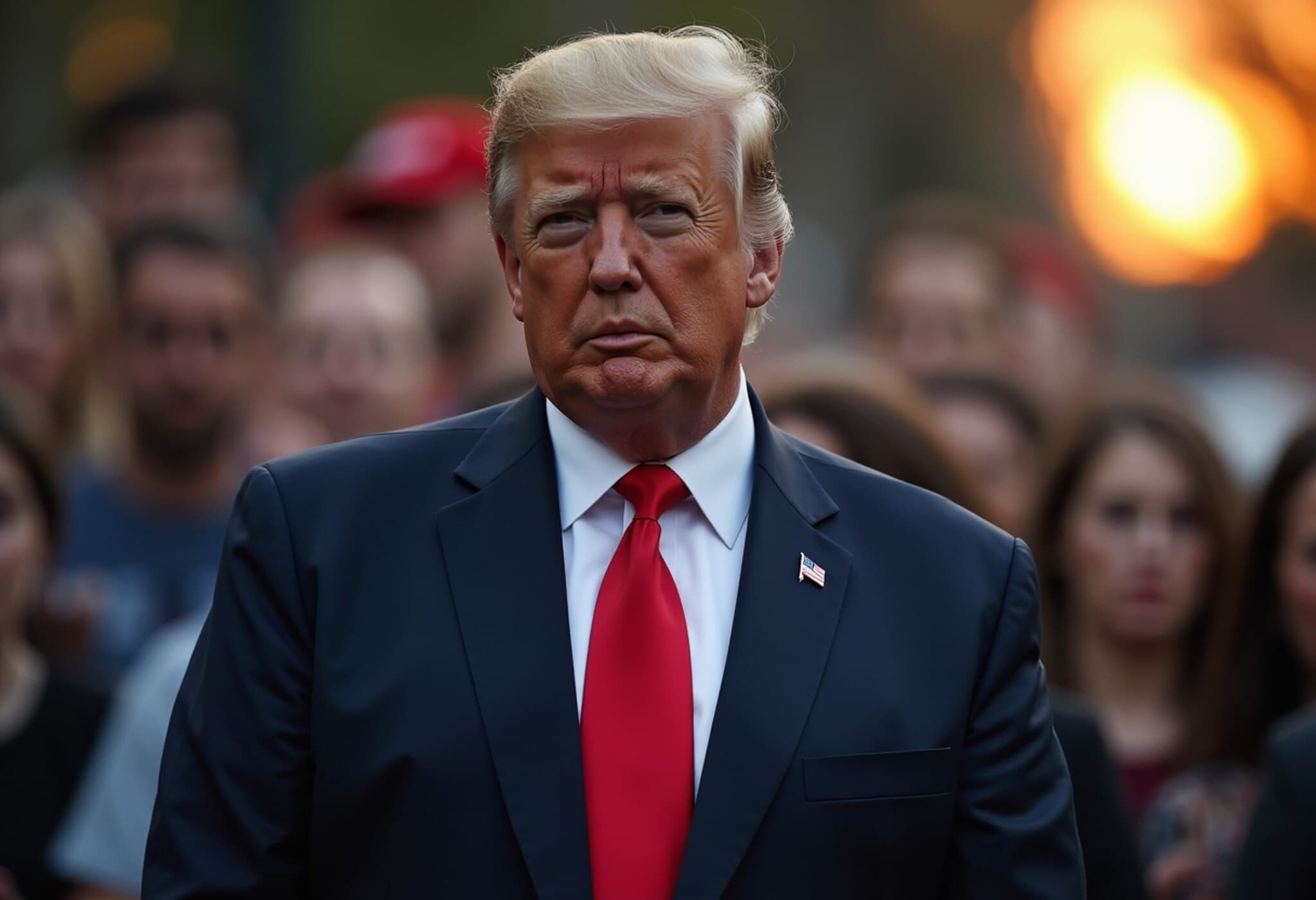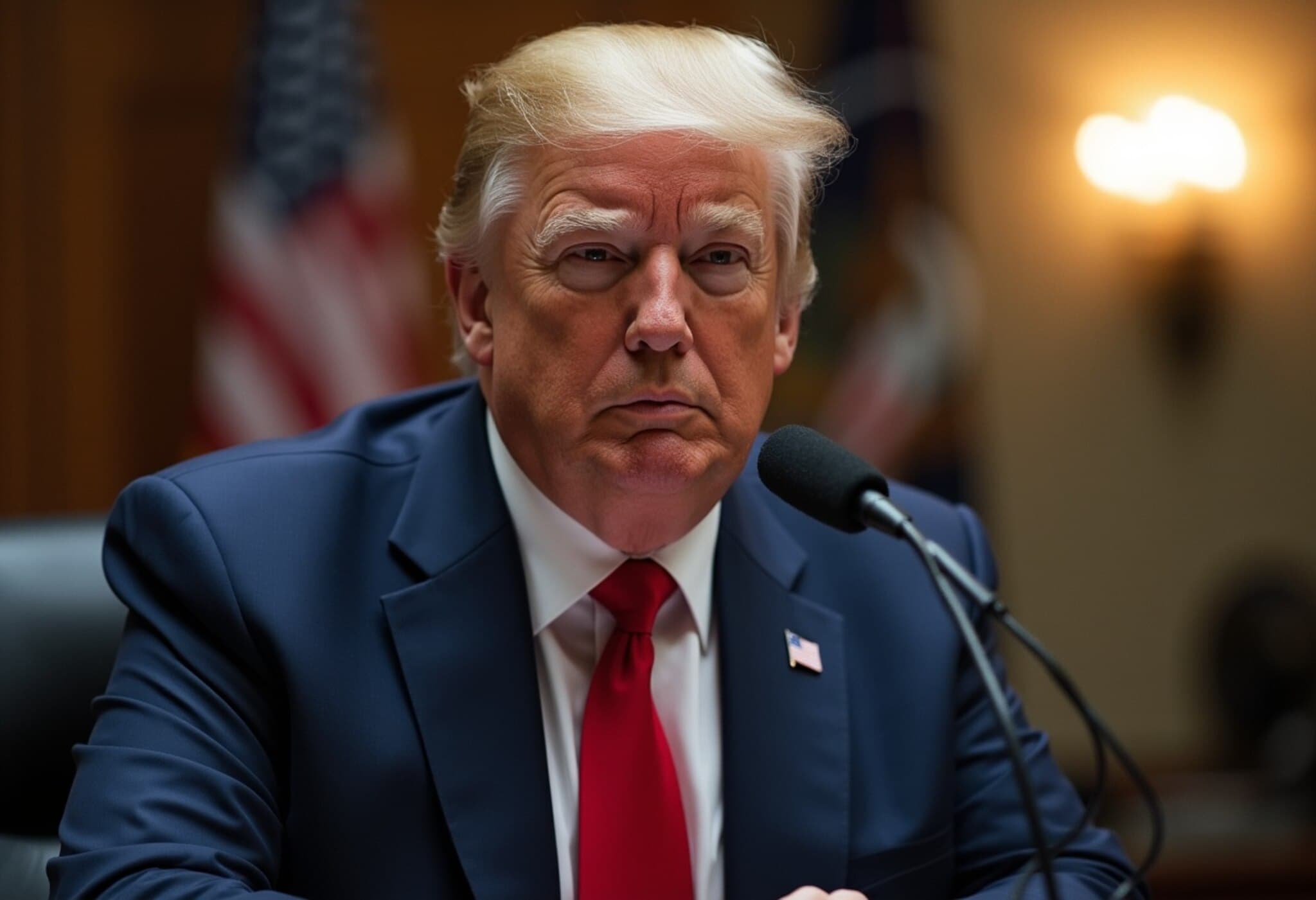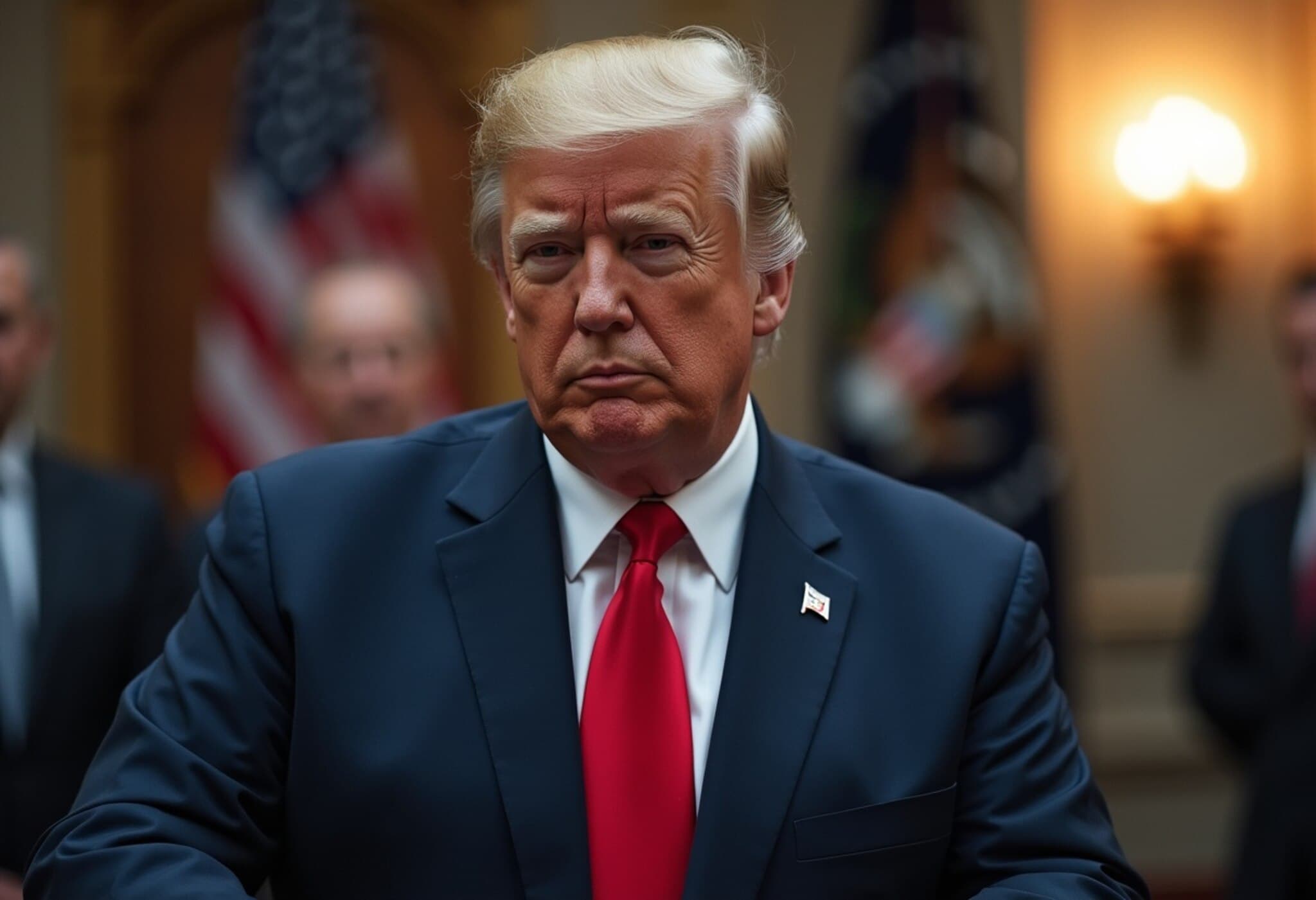Trump Brushes Off Epstein Questions During Press Conference
In a charged press conference on July 8, 2025, President Donald Trump sharply rebuffed a reporter’s inquiry about the infamous Jeffrey Epstein case, terming it a "waste of time" as the nation grapples with more immediate challenges. The president pointed to recent natural disasters and ongoing federal operations, emphasizing the need to focus on present issues.
Contextualizing the Epstein Controversy
Jeffrey Epstein, a convicted sex offender linked to a sprawling web of allegations involving high-profile figures, continues to cast a long shadow over American politics. Despite Epstein's death in federal custody in 2019, renewed interest in the case has recently reignited after a public spat between Elon Musk and Trump. Musk alleged that Trump was somehow implicated within Epstein’s confidential files. Trump quickly refuted this with a statement from Epstein's former lawyer, David Schoen, who confirmed no criminal links to the president.
Trump's Remarks and National Focus
During the press briefing, Trump expressed disbelief at the reporter's persistence, stating:
"Are you still talking about Jeffrey Epstein? This guy we have been discussing for years. We have Texas flooding and Operation Midnight Hammer successes — why dwell on this? You are a waste of time."
He highlighted the recent catastrophe in Texas and praised Operation Midnight Hammer, a law enforcement initiative targeting criminal networks, suggesting that such pressing matters deserve more attention than rehashing old controversies.
The Justice Department’s Findings and Public Reaction
A Department of Justice memo released the same week nullified the existence of the much-discussed "black book" of Epstein’s associates, stating there was no credible evidence of blackmail operations. It also reaffirmed that Epstein died by suicide while in federal custody.
However, this official stance has not quieted the storm among certain Trump-supporting factions, who feel misled by earlier statements, particularly by former Florida Attorney General Pam Bondi. Bondi had previously implied that a significant list of Epstein’s clients was within reach of authorities, fueling conspiracy theories and public speculation.
Echoes of Past Conspiracy Theories and Political Fallout
The Epstein saga has become entangled with American politics, with figures such as federal prosecutor Cyrus Vance Jr. and Bondi facing criticism for sowing doubt and speculation without substantive evidence. As new information dispels earlier rumors, some are confronting backlash for their prior rhetoric.
Trump’s press secretary Karoline Leavitt dealt with pointed questions at the White House, while far-right voices on social media, including Musk and Jack Posobiec, amplified divisive narratives.
Expert Commentary: Navigating Public Trust and Political Narratives
From a policy and media literacy perspective, the Epstein case exemplifies how high-profile criminal investigations can become politicized, often overshadowing pressing governance issues. The challenge lies in balancing transparency with responsible journalism, ensuring that public discourse focuses on verified facts rather than sensationalism.
Moreover, when political figures dismiss or deflect challenging questions, it raises critical concerns about accountability and trust. As the U.S. grapples with natural disasters and security operations, the public remains attentive to both current crises and unresolved judicial inquiries.
What Lies Ahead?
- Continued scrutiny of government officials’ roles in past controversies.
- Media responsibility in avoiding inflammatory claims without evidence.
- Legal updates regarding any new evidence or investigations into Epstein's network.
- Public demand for transparent communication from authorities.
Editor’s Note
The resurfacing of the Jeffrey Epstein case within the political arena underscores the persistent complexity at the intersection of crime, power, and media. While President Trump’s dismissal of related questions reflects a desire to refocus national discourse, the underlying issues surrounding Epstein’s network and accountability continue to captivate and concern the public. This episode invites reflection on the responsibility of leaders and media alike to address serious matters with both rigor and sensitivity.
As the nation faces tangible hardships like natural disasters and criminal justice efforts, balancing these urgent priorities with sustained inquiry into past injustices remains a formidable journalistic and political challenge.

